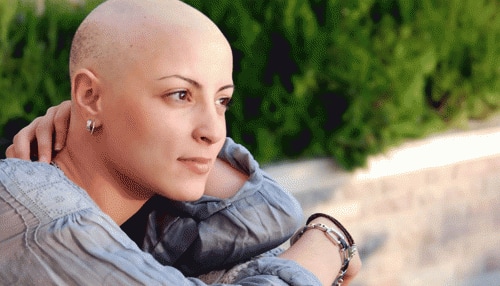- News>
- Health
Eat blueberries while treating cervical cancer: Study

Blueberries are very common and found all over the world. They are readily accessible and inexpensive.
New York: Suffering from cervical cancer? Along with your radiation therapy, start eating blueberries. New research shows consuming blueberry extract while on treatment may have a positive outcome.
"Radiation therapy uses high-energy X-rays and other particles such as gamma rays to destroy cancer cells," said lead author of the study Yujiang Fang, professor at University of Missouri School of Medicine.
"For some cancers, such as late-stage cervical cancer, radiation is a good treatment option. However, collateral damage to healthy cells always occurs.
"Based on previous research, we studied blueberry extract to verify if it could be used as a radiosensitiser," Fang added.
Radiosensitisers are non-toxic chemicals that make cancer cells more responsive to radiation therapy.
An earlier study had showed that resveratrol -- a compound in red grapes -- could be used as a radiosensitiser for treating prostate cancer. Blueberries also contain resveratrol.
For the study, published in the journal Pathology and Oncology Magazine, researchers used human cervical cancer cell lines to mimic clinical treatment.
The cell lines were divided into four groups that included a control group, a group that received only radiation, a group that received only blueberry extract and a group that received both radiation and the extract.
The researchers found that radiation decreased cancer cells by approximately 20 per cent. The cell group that received only blueberry extract had a 25 percent decrease in cancer.
However, the biggest decline in cancer cells occurred in the radiation and extract group, with a decrease of about 70 per cent.
"Blueberries are very common and found all over the world. They are readily accessible and inexpensive. As a natural treatment option for boosting the effectiveness of existing therapies, I feel they would be enthusiastically accepted," Fang noted.
